Table of Contents
Jean-Paul Sartre, the French intellectual heavyweight with a pipe permanently glued to his face, was the guy who looked at life’s biggest, messiest questions and said, “Let’s write a book about this, or maybe ten.” He spent his career wrestling with the big questions: What’s the meaning of life? Do we actually have free will? And most importantly, is it all just one big cosmic joke where we’re the punchline? Sartre’s main gig? Convincing us that life has no pre-installed meaning and that we’re all stuck writing the user manual ourselves. Let’s dive into his greatest hits—because if life is meaningless, we might as well enjoy the absurdity.
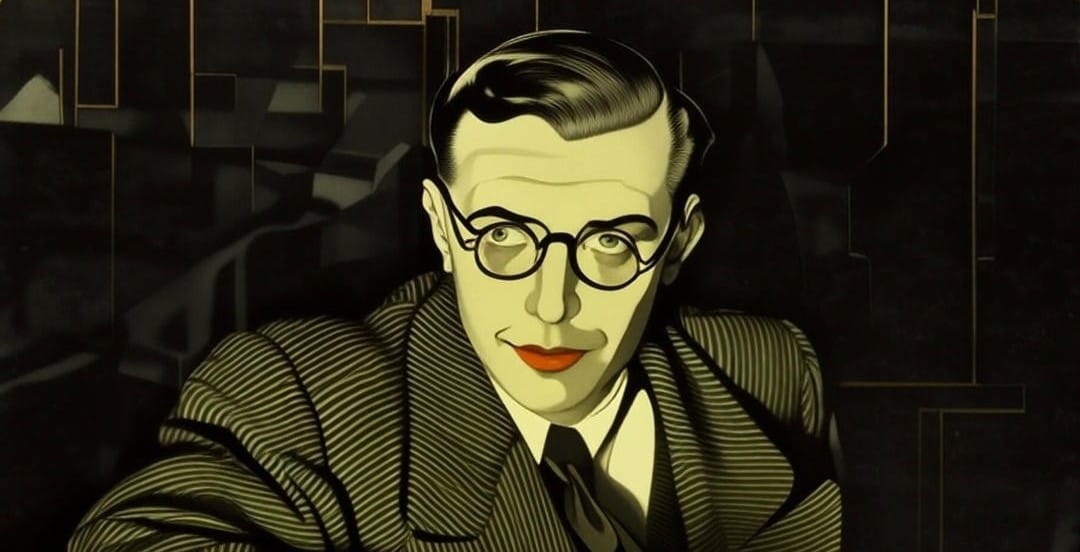
Existence: It’s All on You, Pal
At the heart of Sartre’s philosophy is existence, a fancy term for “your life sucks, but hey, it’s your fault.” Borrowing from the Latin word exsistentia (because everything sounds smarter in Latin), Sartre coined a term for what he thought made humanity special: existence precedes essence. Translation? You’re not born with a manual or a destiny. You show up, clueless, and it’s up to you to figure out what kind of person you’ll be.
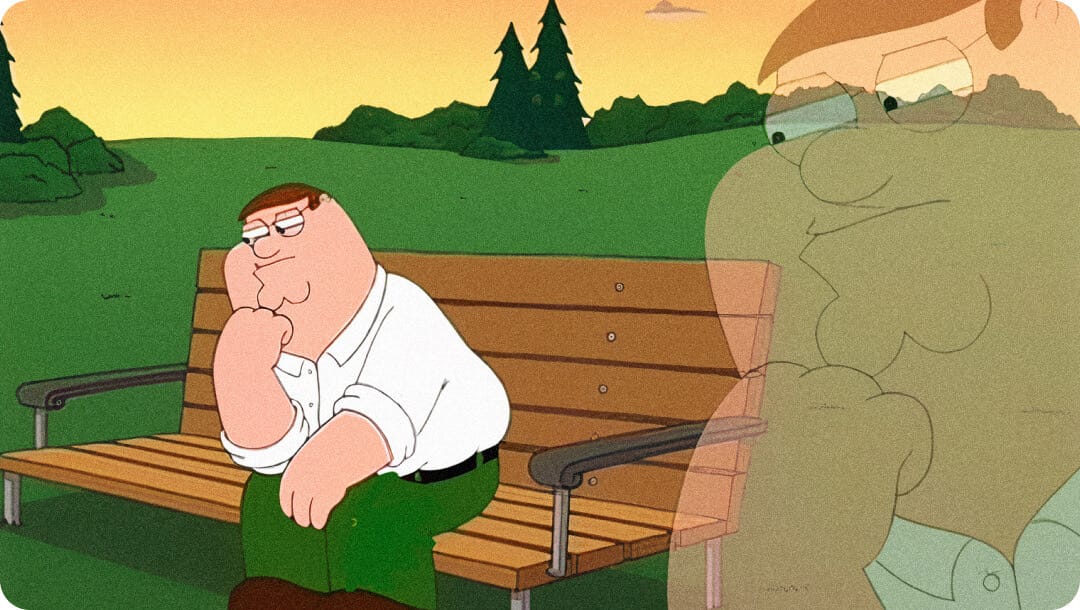
For Sartre, life isn’t about preordained plans or divine blueprints; it’s about choices. Every decision you make—from picking a cereal to choosing a career—is a declaration of who you are. Sure, reality tosses roadblocks your way (like traffic, student loans, or the general misery of adulthood), but ultimately, it’s all on you. Sartre’s message: “Welcome to the freedom party! No exits and no refunds.”
Freedom’s Evil Twin: Responsibility
Here’s the catch: with great freedom comes great responsibility. In Sartre’s world, every choice you make doesn’t just affect your life—it reshapes the whole damn world. That’s right: deciding to skip the gym doesn’t just hurt your abs; it also chips away at humanity’s collective destiny. Heavy stuff, right? Sartre saw this as the ultimate guilt trip. Your every action carries the weight of the universe, and if that doesn’t keep you up at night, you’re not paying attention.
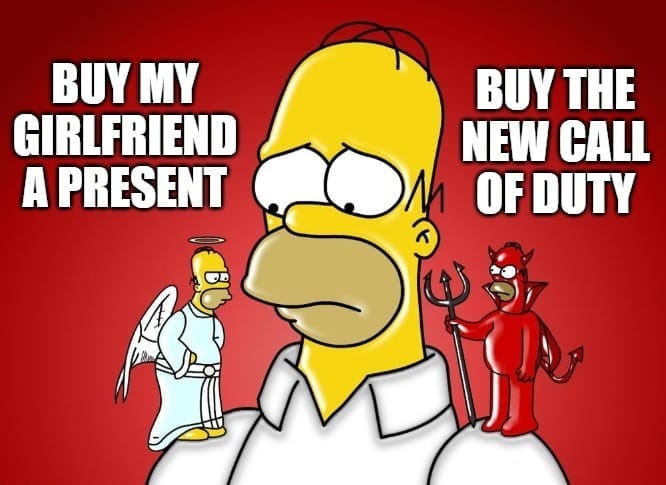
Sartre’s verdict? There’s no one else to blame when you screw up—not your parents, not society, not even Mercury retrograde. It’s all on you, buddy. He probably would’ve hated the term “adulting,” but he nailed the concept long before it was a hashtag.
Ethics: Don’t Screw It Up
Since every choice matters, Sartre thought you’d better aim for the greater good. His ethics boil down to this: if you don’t want to live in a world full of jerks, don’t be one. Each of us has a moral obligation to strive for justice, fairness, and decency—or, at the very least, to not make things worse.
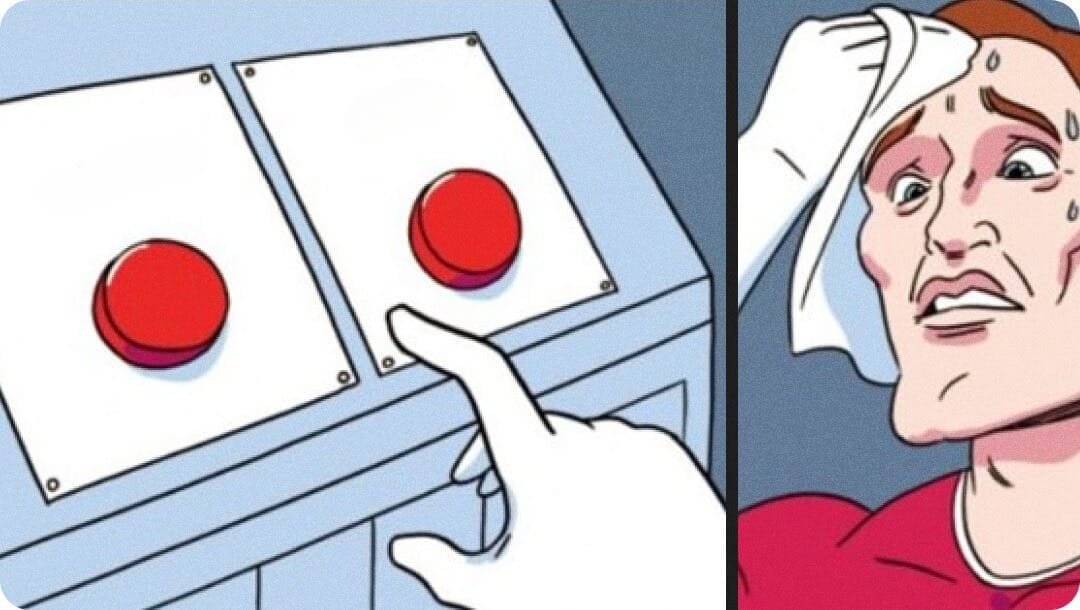
Sound familiar? It’s basically Kant’s categorical imperative but with fewer rules and more dread. Sartre didn’t sugarcoat it: if we all collectively fail at this, humanity becomes a cesspool of greed, hate, and injustice. Optimistic guy, wasn’t he?
Consciousness: The Double Agent in Your Head
Sartre’s take on consciousness is a wild ride. He split the human mind into two parts: the “in-itself” (the unconscious, passive bit that just reflects reality) and the “for-itself” (the active, thinking part that endlessly judges and reinterprets). Think of it as a bad buddy-cop movie where one partner just observes the world while the other spends every waking second trying to make sense of it—and usually gets it wrong.
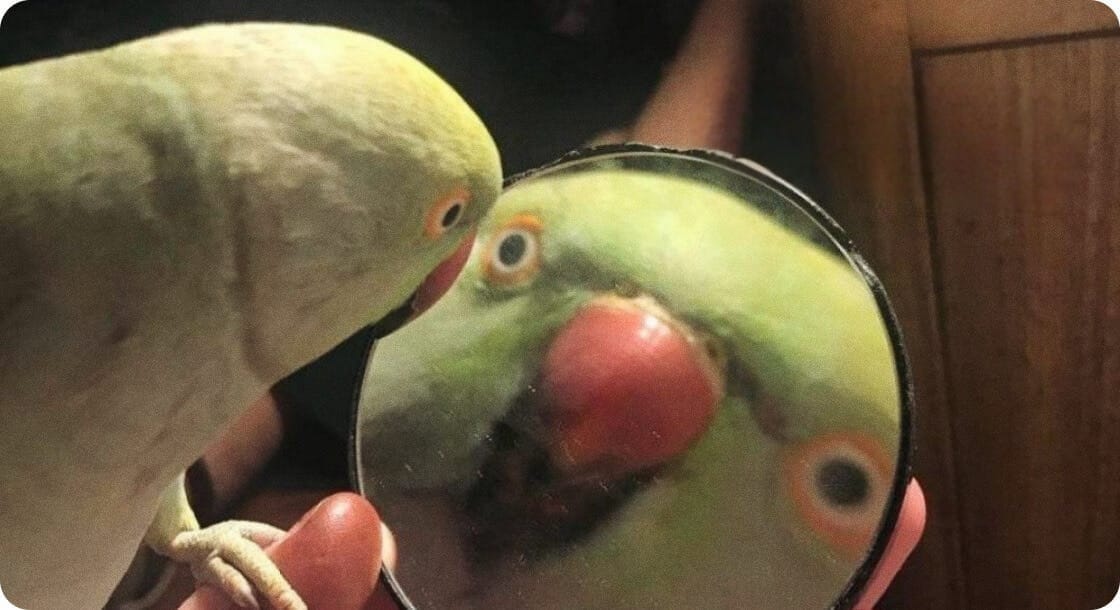
Reality, according to Sartre, is just out there, doing its thing, indifferent to our hopes and dreams. But the way we process it—through the messy filters of our past, our beliefs, and our biases—that’s where the drama kicks in. It’s like trying to watch a nature documentary through a kaleidoscope: fascinating, but good luck making sense of it.
Life’s Big Joke: Absurdity
And now, the pièce de résistance: Sartre’s view on the meaning of life. Spoiler alert: there isn’t one. Life, he said, is absurd—a cosmic prank without a punchline. We’re born into a world with no inherent purpose, and it’s up to us to invent one.
But don’t despair just yet. Sartre didn’t see this as a tragedy—more like a challenge. Sure, the universe doesn’t care if you find happiness or success, but that means you get to define your own goals, unshackled by fate or destiny. It’s the ultimate “choose your own adventure,” minus the happy endings.
In Sartre’s universe, freedom is both a blessing and a curse. You’re free to screw up, free to take risks, and free to make a mess of it all. But hey, at least it’s your mess, right? Sartre might not have believed in God, but he believed in human potential—and maybe that’s the only faith we really need.



